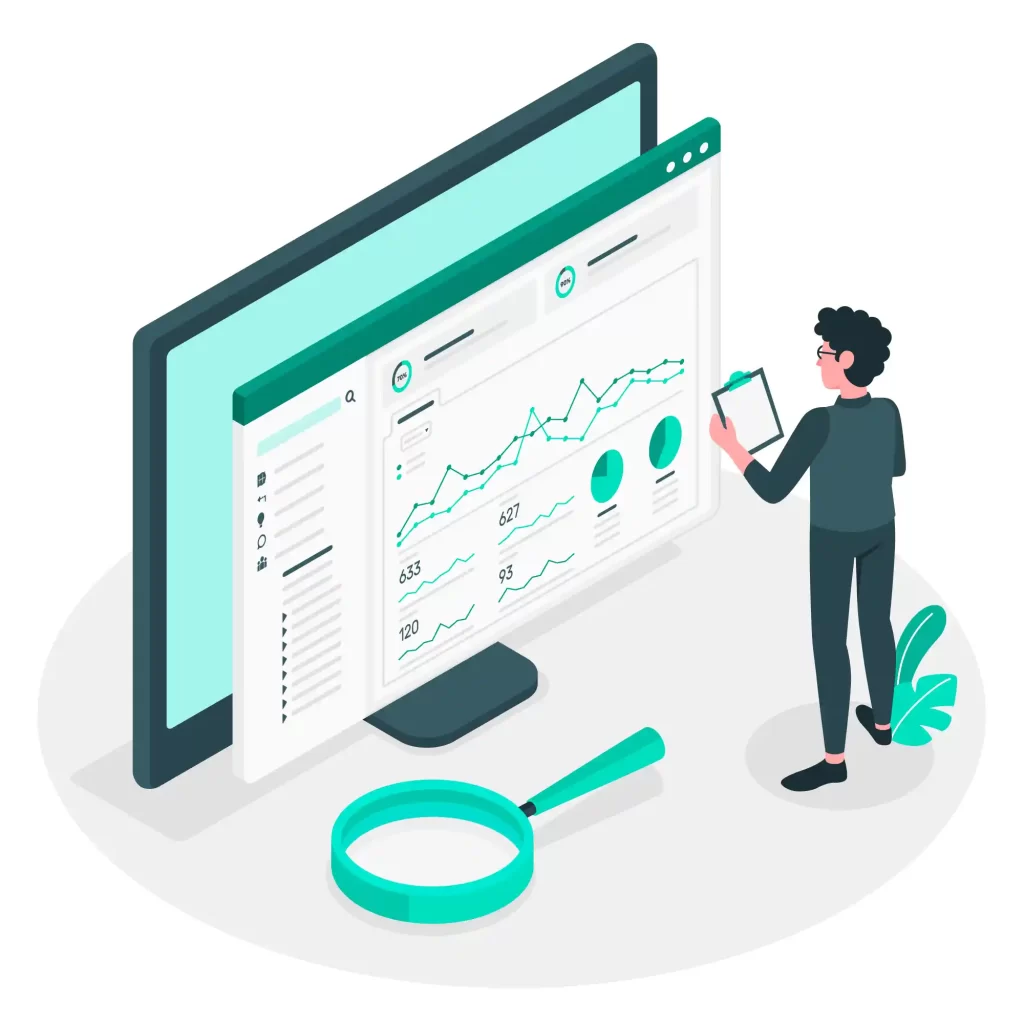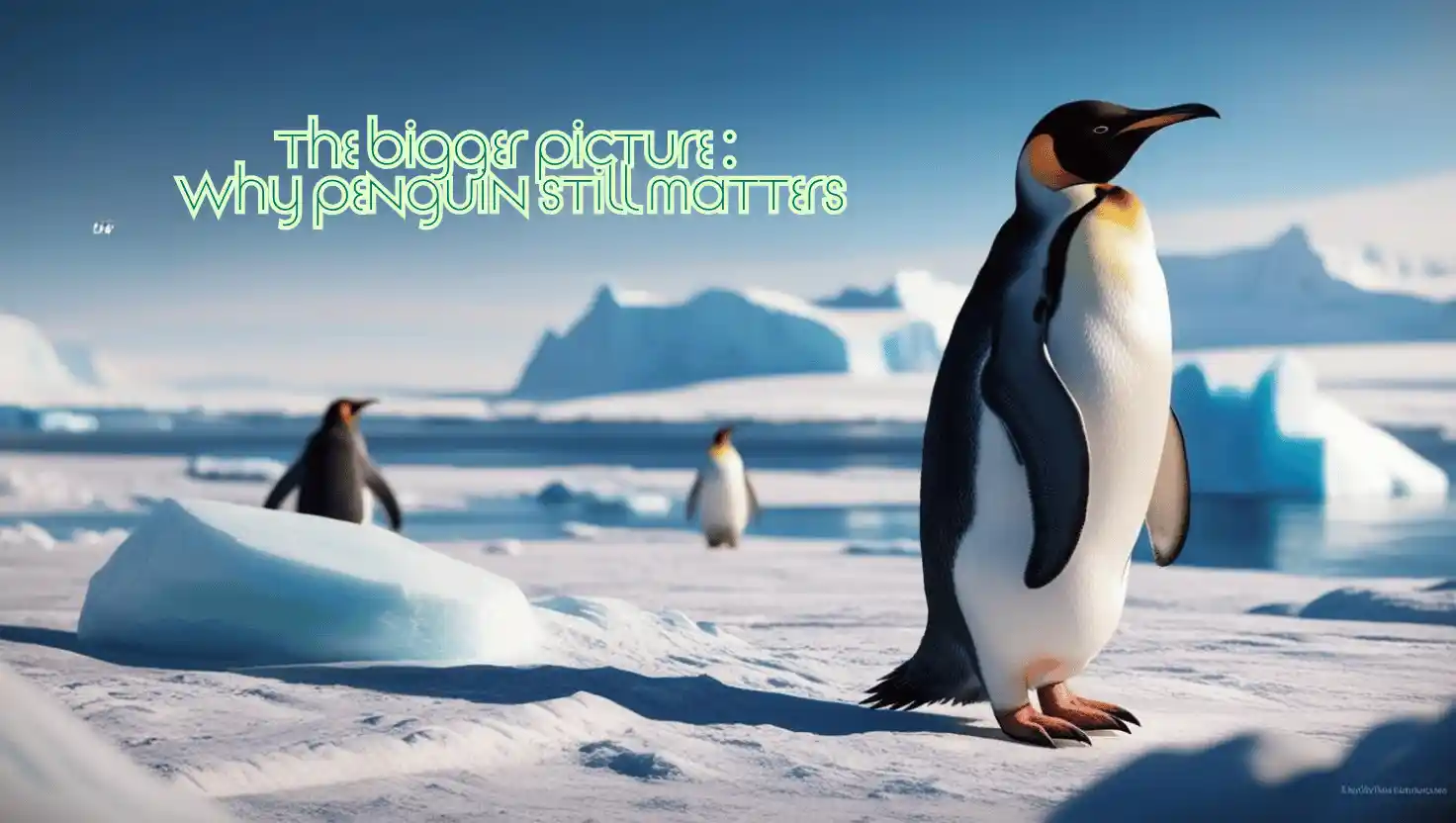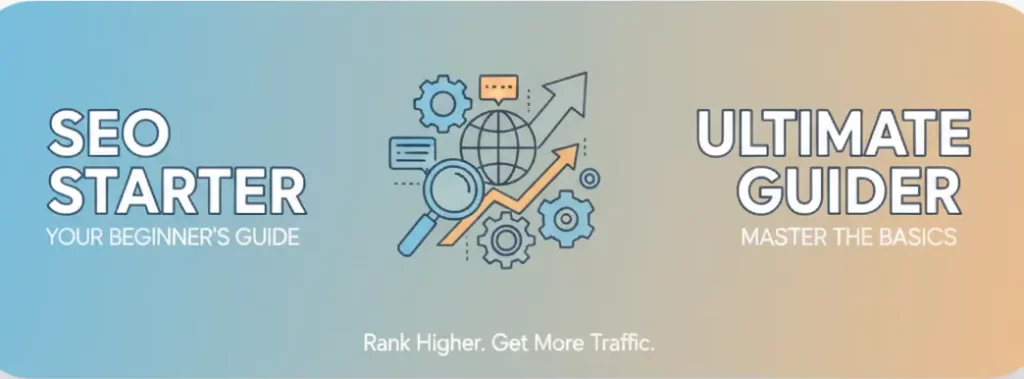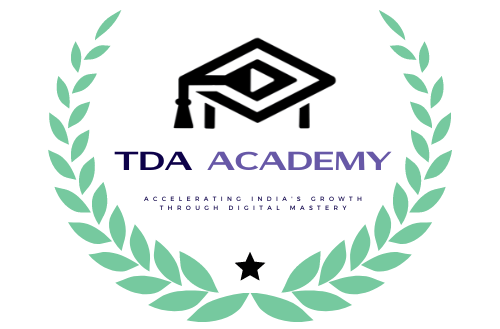The Google Penguin Penalty: Lessons from a Blogger’s Downfall and How to Protect Your Site
Which Course is Best for Digital Marketing? A Comprehensive Guide
In 2012, Google unleashed its Penguin algorithm update, a game-changer aimed at penalizing websites using manipulative SEO tactics like link schemes and keyword stuffing. For one blogger, this update was catastrophic, wiping out years of work overnight. This post dives into their story, the devastating impact of the Penguin penalty, and actionable steps to ensure your site stays safe.
A Blogger’s Nightmare: The Fall from Grace
Jane, a lifestyle blogger, had built a thriving site over five years. By 2012, her blog was generating steady income through affiliate marketing and sponsored posts, ranking high for competitive keywords. Her secret? A network of paid backlinks from low-quality directories and article farms, a common practice at the time.
When Google rolled out Penguin in April 2012, Jane’s site plummeted from page one to beyond page ten for her top keywords. Organic traffic dropped by 80% within days, and her income vanished. Google’s manual review confirmed a penalty for “unnatural links.” Despite attempts to remove bad links and file reconsideration requests, her site never recovered. Jane shuttered her blog in 2013, a cautionary tale of relying on black-hat SEO.
What Was the Google Penguin Update?
Introduced on April 24, 2012, the Penguin update targeted websites violating Google’s Webmaster Guidelines. Unlike previous updates, Penguin focused on:
Link Quality: Penalizing sites with unnatural, spammy, or paid backlinks.
Keyword Stuffing: Cracking down on over-optimized content stuffed with keywords.
Low-Quality Content: Devaluing pages with thin or duplicated content.
Penguin didn’t just demote rankings—it issued penalties that could bury sites in search results, sometimes requiring months of cleanup to recover. Data from Moz estimated that Penguin impacted about 3.1% of English-language websites, a small but significant number given the internet’s scale.


How Penguin Catches You
Penguin uses a mix of algorithmic signals and manual reviews to detect violations. Key red flags include:
Unnatural Link Profiles: Backlinks from irrelevant or low-authority sites, especially in bulk.
Over-Optimized Anchor Text: Excessive use of exact-match keywords in link text (e.g., “best weight loss pills” repeated across hundreds of links).
Spammy Content Practices: Keyword-heavy content that feels unnatural to readers.
Google’s crawlers analyze link patterns and content quality, flagging sites for penalties. Manual reviews often follow, especially for sites with sudden ranking drops.
Avoiding the Penguin Trap: 5 Essential Tips
To protect your site from Penguin or recover from a penalty, follow these steps:
1. Audit Your Backlink Profile Regularly
Use tools like Ahrefs or Moz to analyze your backlinks. Look for:
Links from low-domain-authority sites (DA < 20).
Irrelevant or spammy directories.
Paid links or link exchanges.
Action: Disavow toxic links using Google’s Disavow Tool and reach out to webmasters to remove bad links.
2. Prioritize High-Quality Content
Create content that provides real value to readers. Avoid:
Thin content (e.g., 200-word posts with no depth).
Duplicated or scraped content.
Keyword stuffing (e.g., repeating “best coffee maker” unnaturally).
Action: Conduct a content audit. Update or remove low-quality pages and aim for comprehensive, user-focused articles.
3. Diversify Your Anchor Text
Overusing exact-match anchor text (e.g., “buy cheap shoes”) looks manipulative. Aim for a natural mix:
Branded terms (e.g., “Nike”).
Generic phrases (e.g., “click here”).
Naked URLs (e.g., “nike.com”).
Action: Review anchor text distribution with tools like SEMrush and adjust future link-building strategies.
4. Build Ethical, Relevant Links
Focus on earning backlinks through:
Guest posts on reputable, niche-relevant sites.
Creating shareable content like infographics or in-depth guides.
Building relationships with industry influencers.
Action: Avoid link farms, private blog networks (PBNs), or buying links outright.
5. Monitor Your Site’s Health
Regularly check for Penguin-related issues:
Use Google Search Console for manual action notifications.
Track ranking drops with tools like Rank Tracker.
Stay updated on Google’s algorithm changes via blogs like Search Engine Journal.
Action: Set up alerts for traffic drops and review Google’s Webmaster Guidelines annually.

Recovering from a Penguin Penalty
f you’re hit with a penalty, don’t panic. Recovery is possible but requires effort:
Identify the Issue: Use Google Search Console to check for manual actions or crawl errors.
Clean Up Links: Remove or disavow toxic backlinks.
Improve Content: Rewrite over-optimized pages and remove low-value content.
Submit a Reconsideration Request: Once fixes are complete, request a review via Search Console.
Be Patient: Recovery can take weeks or months, depending on the penalty’s severity.
Jane’s mistake was ignoring early warnings, like minor traffic dips, and failing to diversify her SEO strategy. Don’t repeat her error.
The Bigger Picture: Why Penguin Still Matters
Though Penguin is now part of Google’s core algorithm (since 2016), its principles remain critical. Google continues to refine its ability to detect manipulative tactics, with updates like the 2023 Link Spam Update echoing Penguin’s goals. Ethical, user-focused SEO is no longer optional—it’s essential.
By prioritizing quality over shortcuts, you can build a site that thrives long-term, immune to Penguin’s bite. Learn from Jane’s story: one misstep can cost everything, but smart strategies can keep you safe.
Have you ever worried about a Google penalty? Share your thoughts or questions below!

Sarah
I am a digital marketer and SEO strategist with over a decade of experience helping bloggers and businesses navigate the ever-changing landscape of search engine optimization.
RECENT POSTS
-
 SEO Starter Guide 2025: For Students & Beginners | TDA Academy
SEO Starter Guide 2025: For Students & Beginners | TDA Academy -
How to Upload Videos to WordPress
-
 The Google Penguin Penalty: Lessons from a Blogger’s Downfall and How to Protect Your Site
The Google Penguin Penalty: Lessons from a Blogger’s Downfall and How to Protect Your Site -
 Digital Marketing: The Future of Revenue Generation in the AI Era
Digital Marketing: The Future of Revenue Generation in the AI Era -
 AI Agents Course: Master the Future of Artificial Intelligence
AI Agents Course: Master the Future of Artificial Intelligence
Subscribe to Our Newsletter
Get the latest on upcoming courses, programs, events, and more straight to your inbox.
By clicking “Subscribe”, you accept our Terms.

